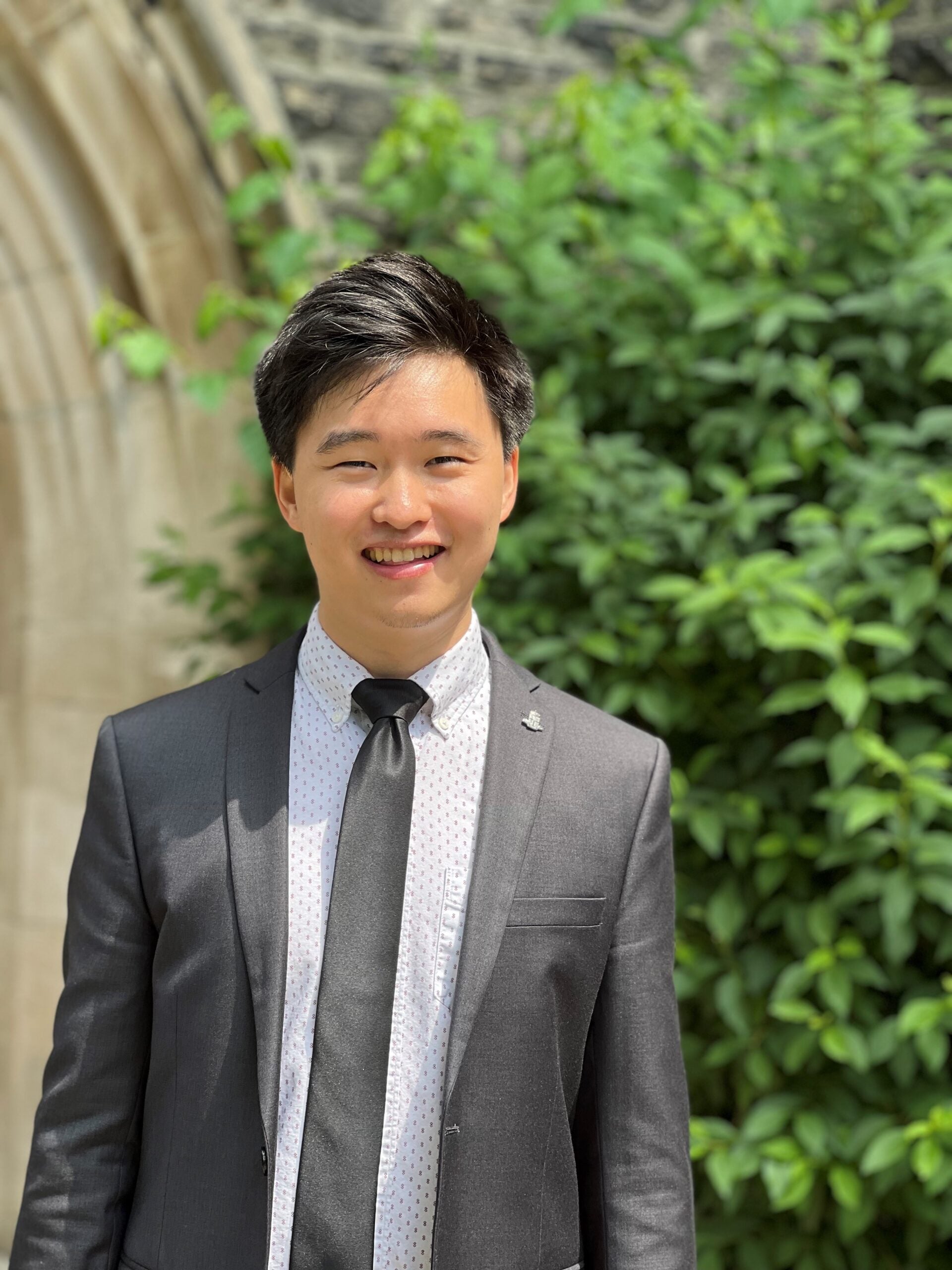By Eric Zhao ’25

Responsible environmental advocacy is a delicate balancing act. On one hand, the urgent climate crisis impels us to move at an unprecedented pace to restructure our ways of living and build a sustainable future. On the other hand, the historical and ongoing exclusion of marginalized people from environmental decision-making can too easily push the costs of a clean transition onto low-income and racialized communities, such as through green energy projects that involve mining near underprivileged populations.
I came to law school—and wanted a chance to work with the Emmett Environmental Law & Policy Clinic—to learn about how lawyers can support the environmental justice movement in its goals of intertwining racial justice with environmentalism and ensuring communities of color are not left behind. Working with the Clinic during the fall semester fulfilled and surpassed my expectations.
Through the Clinic, I worked on a project that was the perfect fit for both the subject matter I was interested in learning about and the skills I wanted to develop. I spent the fall semester researching and writing about legal strategies available for communities harmed by industrial agricultural pollution.
Meat production in the U.S. is largely consolidated at concentrated animal feeding operations (CAFOs), also called factory farms, which can house thousands of animals at a time in confined spaces. The livestock waste that CAFOs produce is astronomical, in both its amount and its public health impact when stored in giant pits and sprayed into the open air—the default method of disposal used by CAFOs. Disproportionately, CAFOs are sited near low-income, Black, and other marginalized communities.
Local groups have mobilized to fight back using a range of political and legal strategies, underscoring the devastating human and environmental effects of CAFO pollution. However, some CAFOs have responded by “greenwashing” their image, installing technology to capture some methane gas released from livestock waste and pitching it to energy companies and environmental groups as an “eco-friendly” alternative to oil or coal. Certain states have even embraced this CAFO-produced methane gas by adding it to their statewide clean energy generation targets. But the calculated marketing shift of CAFOs from slaughterhouses to energy producers does nothing to remedy their archaic waste disposal practices. Rather, locals worry that this move will only lengthen the lifespan of CAFOs, justify their growth, and exacerbate their environmental harm.
Over the fall semester, I worked with attorneys from a nonprofit partner that represents racialized communities living near CAFOs on research and writing to support their cutting-edge litigation efforts. My research involved diving into a wide range of tricky factual and legal questions. On the factual side, since certain meat producers have started to promote the idea that CAFOs—when equipped with methane capture technology—are aligned with the climate movement’s goals, I needed to understand how scientists would deconstruct these claims. I also gained experience researching the corporate structure and marketing materials of large companies connected with CAFOs.
On the legal side, this research was especially interesting and challenging due to rapidly evolving developments in laws surrounding farming. As some states have adopted bills to block conventional nuisance lawsuits against CAFOs, creatively thinking through alternative paths for litigation proved to be a difficult but valuable process. These alternatives brought with them further legal questions, ranging from what plaintiffs would have standing to bring claims to what remedies might be available and whether they would effectively serve the needs of affected communities.
I had a great experience with the Clinic not only due to the project I was matched to, but also thanks to the support of the clinical instructors and administrative staff. I was very pleased with the communication, guidance, and feedback I received while working with the Clinic, which greatly improved my writing and researching skills throughout the semester. The accompanying clinical seminar also kept a consistent, practical focus on important legal skills and strategic considerations for public interest environmental lawyers.
I’m grateful to have received such a fulsome and engaging learning experience from the Emmett Environmental Law & Policy Clinic, which has reinforced my conviction to pursue work at the junction of racial justice, human rights, and environmental advocacy.
Filed in: Clinical Student Voices
Tags: Class of 2025, Emmett Environmental Law & Policy Clinic
Contact Office of Clinical and Pro Bono Programs
Website:
hls.harvard.edu/clinics
Email:
clinical@law.harvard.edu